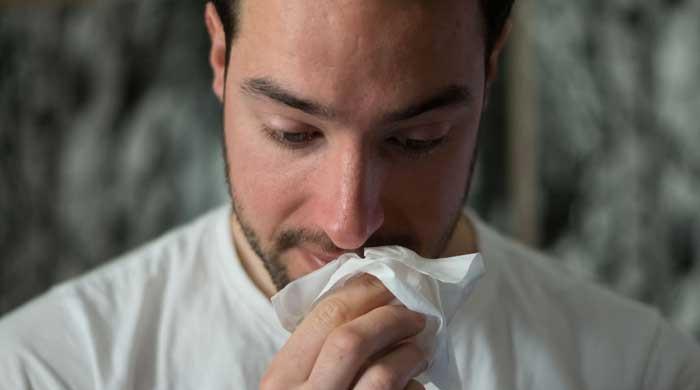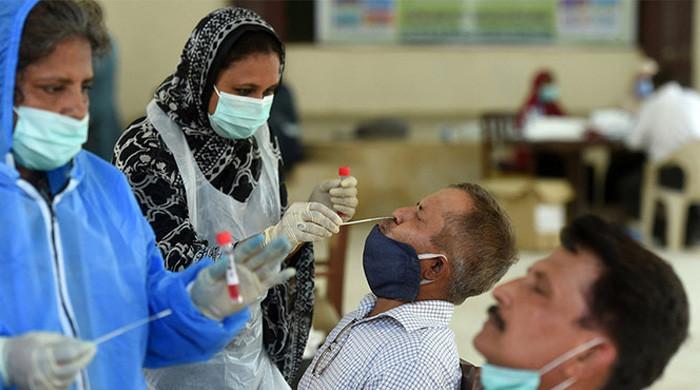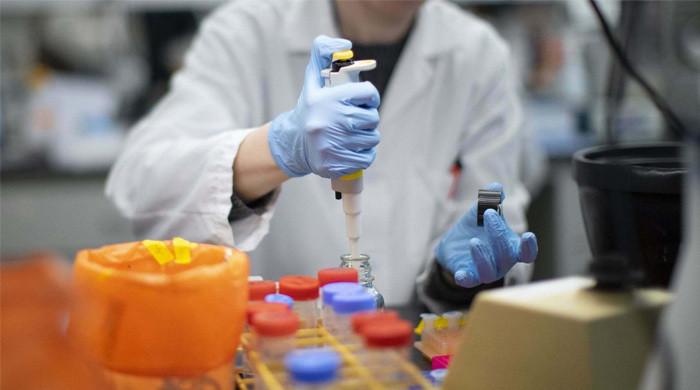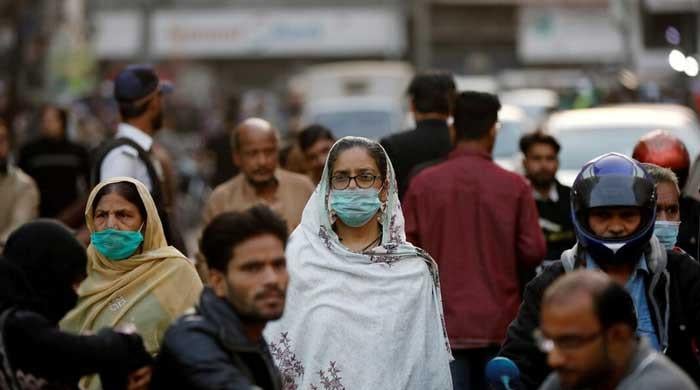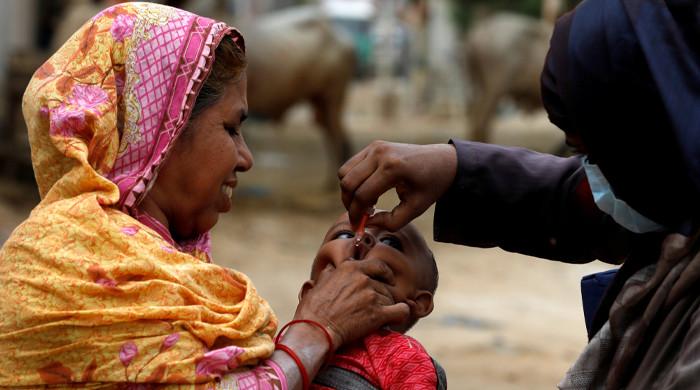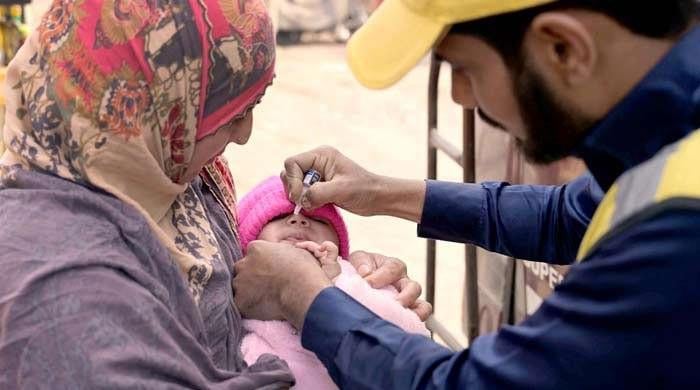UHS finds more infectious British variant of coronavirus in Lahore
Study would play an important role in preventing spread of coronavirus, developing effective vaccines, says lead researcher
May 10, 2021

- A more easily spread coronavirus variant, first identified in England last year, has now become the dominant variant in Lahore, says UHS.
- The Higher Education Commission (HEC) had last year approved a grant of Rs 13 million for the research project.
- Lead researcher says the study would play an important role in preventing the spread of coronavirus, developing effective vaccines.
LAHORE: A more easily spread coronavirus variant, first identified in England last year, has now become the dominant variant in Lahore, a study conducted at the University of Health Sciences (UHS) revealed on Monday.
"The prevalence of variants of concern is increasing and it is now clear that the UK variant, known as B.1.1.7, has taken hold across the metropolis", said the UHS Immunology department's associate professor, Dr Shah Jehan, who is the principal investigator of the research.
"Based on our most recent study, the B.1.1.7 variant is now the most common lineage circulating in Lahore," Dr Shah Jehan said, adding that out of a total of 100 samples, 89 had UK/Kent variant while only two had B.1.351, that is, the South African variant of COVID-19.
Dr Shah Jahan further said that the study was conducted in collaboration with the UK's Quadram Institute Bioscience (formerly the Institute of Food Research). He said that the samples were collected from hospitals in Lahore and surrounding areas.
The next-generation sequencing technique was then used to identify the types of coronavirus. He added that he was working with his fellow researcher and head of the Department of Immunology, Professor Nadeem Afzal, on whole-genome sequencing of 1,000 samples, after which they would be able to provide a true picture of the types of viruses across Pakistan.
He claimed the research would play an important role in preventing the spread of the disease and developing effective vaccines.
The Higher Education Commission (HEC) had last year approved a grant of Rs 13 million for the research project. The project aims to explore the immunological, viral, and genetic basis of COVID-19 in local patients. The duration of the research project is one year.
Appreciating the research team, UHS Vice-Chancellor, Professor Javed Akram. said that research on coronavirus was very timely and important.
"The B.1.1.7 variant is between 32 and 104% deadlier. However, it’s important to recognise these data were only collected from one group of people so more research is needed in the local context to see if these numbers hold true in other groups of patients", he maintained.
Professor Javed Akram further said the research would show how the virus was changing its shape.
"Only by knowing as much as we can about the virus can we fight it," he added. Professor Javed Akram also informed me that another research team at the university was working on the development of the COVID-19 vaccine.





